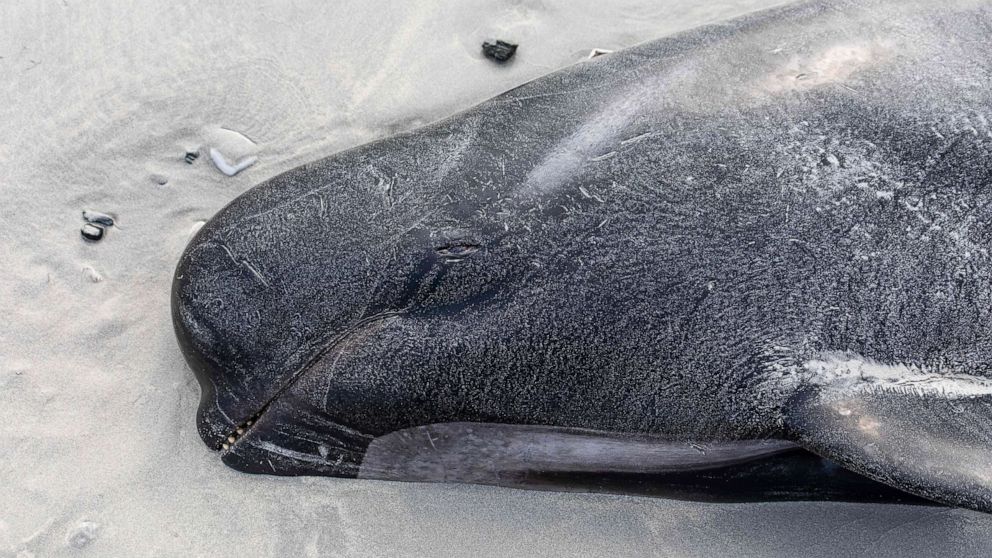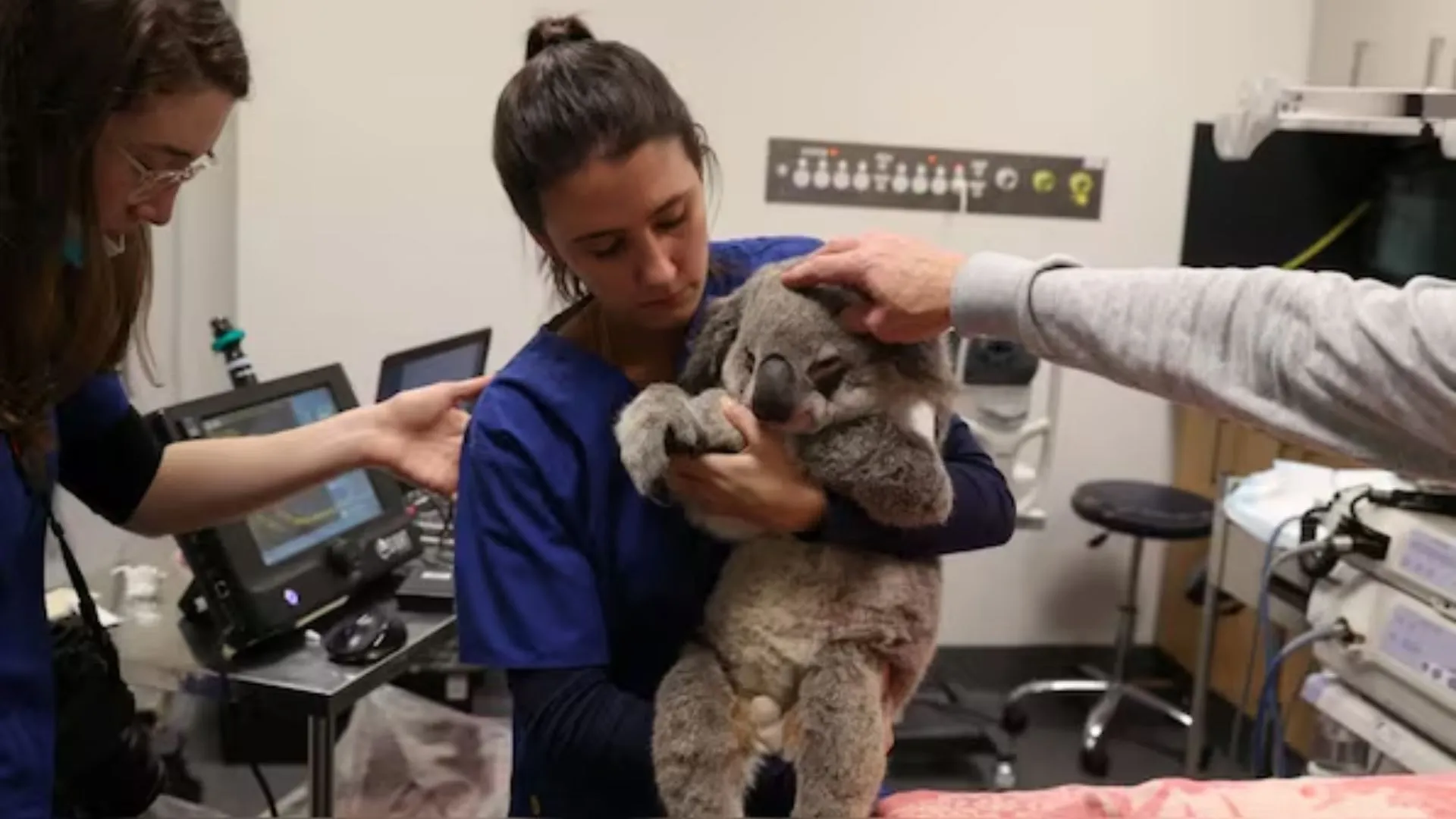In the vast southern Pacific Ocean, a rare sighting has provided scientists in New Zealand with a breakthrough. A spade-toothed whale, the world’s rarest whale species, washed ashore on a South Island beach this month. This elusive creature, a type of beaked whale, was identified by its color patterns and the shape of its skull, beak, and teeth.
Unveiling the Mystery
“We know very little, practically nothing, about these creatures,” said Hannah Hendriks, a marine technical adviser for the Department of Conservation. “This discovery will lead to some amazing science and world-first information.” If confirmed, this specimen will be the first that scientists can dissect, allowing them to learn about the whale’s diet, habitat, and more.
A Rare Opportunity for Study
Only six other spade-toothed whales have ever been identified, and previous specimens found on New Zealand’s North Island beaches were buried before DNA testing could verify their identification. This time, the whale was quickly transported to cold storage. Researchers will work with local Māori iwi (tribes) to plan the examination.
Cultural Significance
In New Zealand, Indigenous people consider whales a taonga, or sacred treasure. In April, Pacific Indigenous leaders signed a treaty recognizing whales as “legal persons,” though this is not yet reflected in the laws of participating nations.
Challenges in Studying the Species
The habitat of spade-toothed whales remains unknown. These deep-diving creatures surface so rarely that pinpointing their location is nearly impossible. “It’s very hard to do research on marine mammals if you don’t see them at sea,” said Hendriks. “It’s a bit of a needle in a haystack.”
Long Road to Identification
Genetic testing to confirm the whale’s identification could take months. Kirsten Young, a senior lecturer at the University of Exeter who has studied spade-toothed whales, remarked on the effort required to identify these “incredibly cryptic” mammals. “The fresh discovery makes me wonder — how many are out in the deep ocean and how do they live?” she said.
History of Discoveries
The first spade-toothed whale bones were found in 1872 on New Zealand’s Pitt Island. Subsequent discoveries were made in the 1950s and 1986, but it wasn’t until 2002 that DNA sequencing confirmed these specimens belonged to a distinct species. In 2010, two whole spade-toothed whales washed up on a New Zealand beach, initially mistaken for a more common type of beaked whale.
A Hotspot for Whale Strandings
New Zealand is known for whale strandings, with over 5,000 incidents recorded since 1840, according to the Department of Conservation. This latest discovery offers a rare and invaluable opportunity for scientists to learn more about one of the ocean’s most mysterious inhabitants.























